Bloody Easter of 1944 – the allied bombing of Serbia
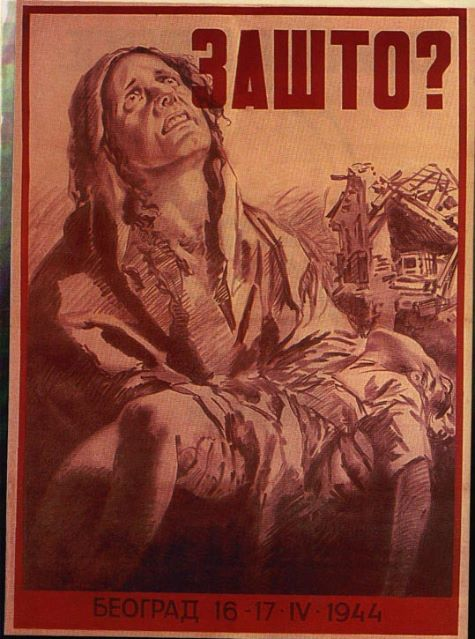
The bombing of Serbian cities, mainly civilian targets, was demanded by the communist monster Tito.
The support for Tito by the allies was agreed upon at the meeting of Roosevelt, Churchill, and Stalin in Tehran in 1943. Fitzroy McLain informed Tito that he could count on the support of the allied aviation, which he immediately materialized.
On April 9, 1944, Radio London reported that Niksic, Banja Luka, Nis, and other Serbian cities have been bombed at Tito’s request.
When, at the end of 1944, the allies wanted to bomb Zagreb, because there was a huge concentration of German troops there, Tito said: “We forbid bombing the immediate vicinity of Zagreb.” The communist monster wanted just Serbian deaths at all costs, the Syrmian Front is another example of this.
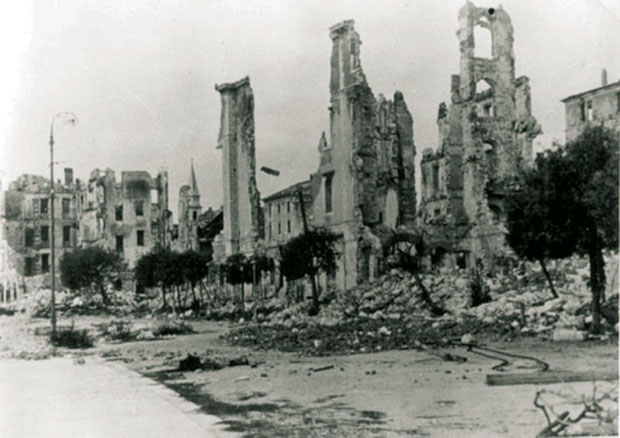
The Allies dropped bombed the city of Nis 15 times. Kraljevo six times, Podgorica, Zemun and Alibunar four times, and Novi Sad three times. Smederevo, Niksic, Cuprija, and Popovac near Paracin were bombed twice. They also destroyed the civilian targets of Sremska Mitrovica, Ruma, Veliki Beckerek, Krusevac, Peja, Kragujevac, Kovin, Pancevo, Velika Plana, Bijelo Polje, Prijepolje, Kursumlija, Prokuplje, Vucje, Lebane, Grdelica, Podujevo, Raska, Stalac, Mitrovica, …
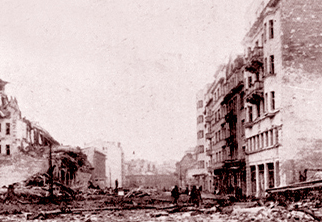
According to the information from the Supreme Command of the Yugoslav Army, 1,457 bombs fell on Belgrade on the first and second days of Orthodox Easter. In Belgrade, the maternity hospital in Krunska Street was completely destroyed, where, according to available data, 22 mothers and 22 newborns died, as well as two families who visited them.
One kindergarten was also affected, Slavija Square, Nemanjina and Dečanska Streets, Bajlonijeva pijaca, Pašino brdo, Zeleni venac, railway station, National Theater, Senjak and Mileševska, Knez Mihajlova, Kraljice Natalije, Miloša Veliki and Sarajevska streets.
The Central Hygiene Institute, Children’s Hospital, Children’s Dispensary, Infectious Diseases Hospital, Home for the Blind, Orthopedic Institute, State Home for Male Children, State Home for Female Children, and two homes for children of Serbian refugees from the NDH were reduced to the dust.
Columns with coffins stretched for kilometers through Belgrade cemeteries, like a few days earlier in Nis, which was also destroyed by the allied bombs.
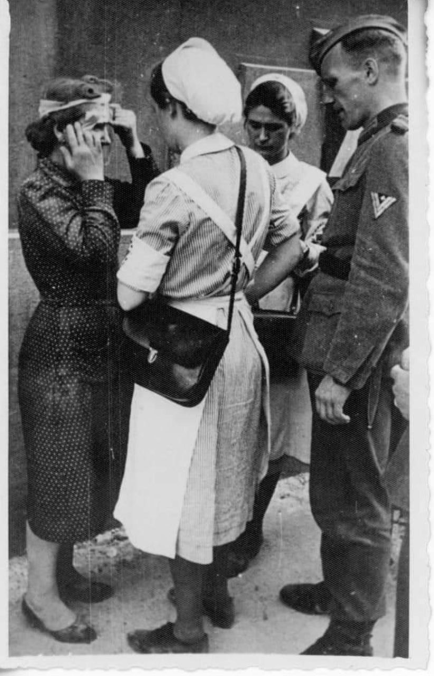
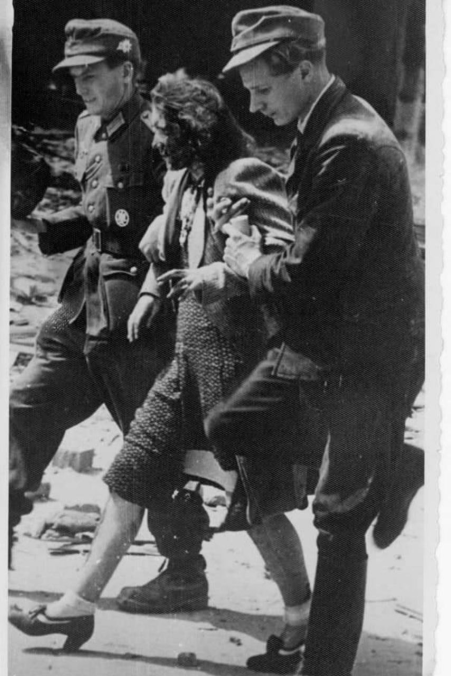
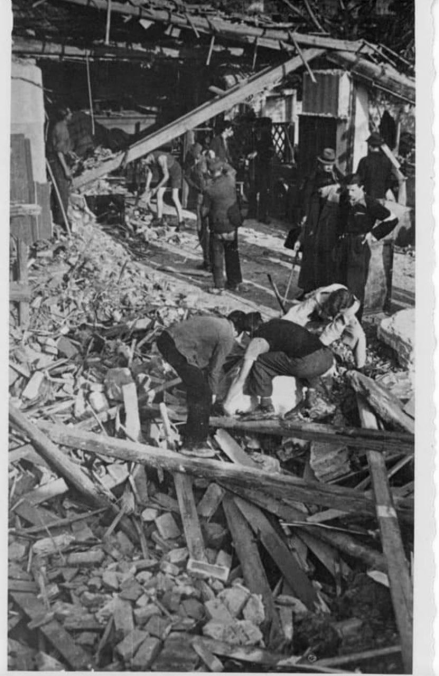
In the above three pictures, you can see German soldiers helping Serbian civilians who survived the bombing.
-Serbon
